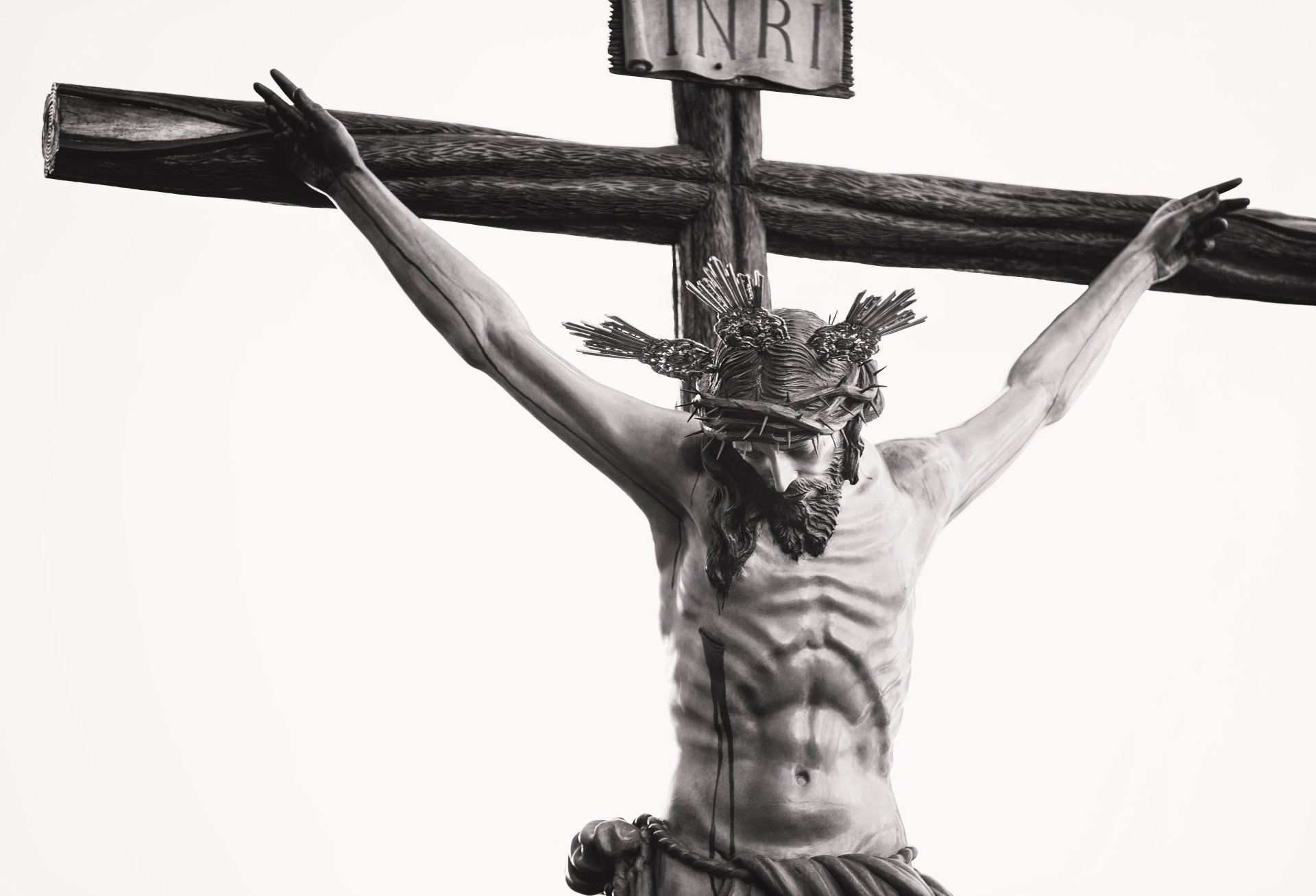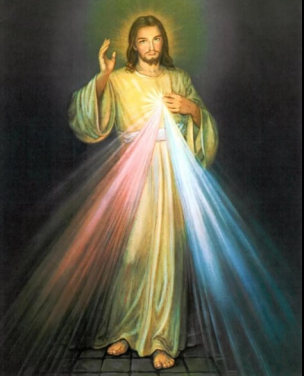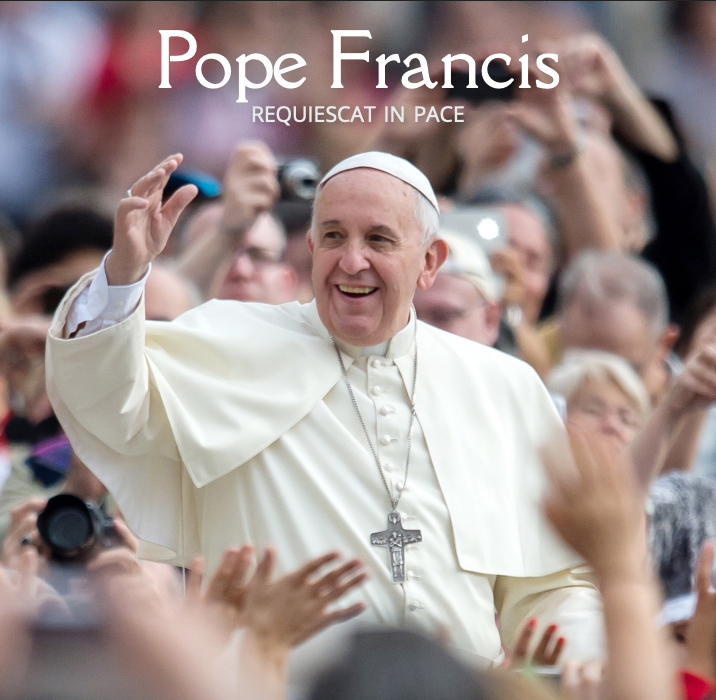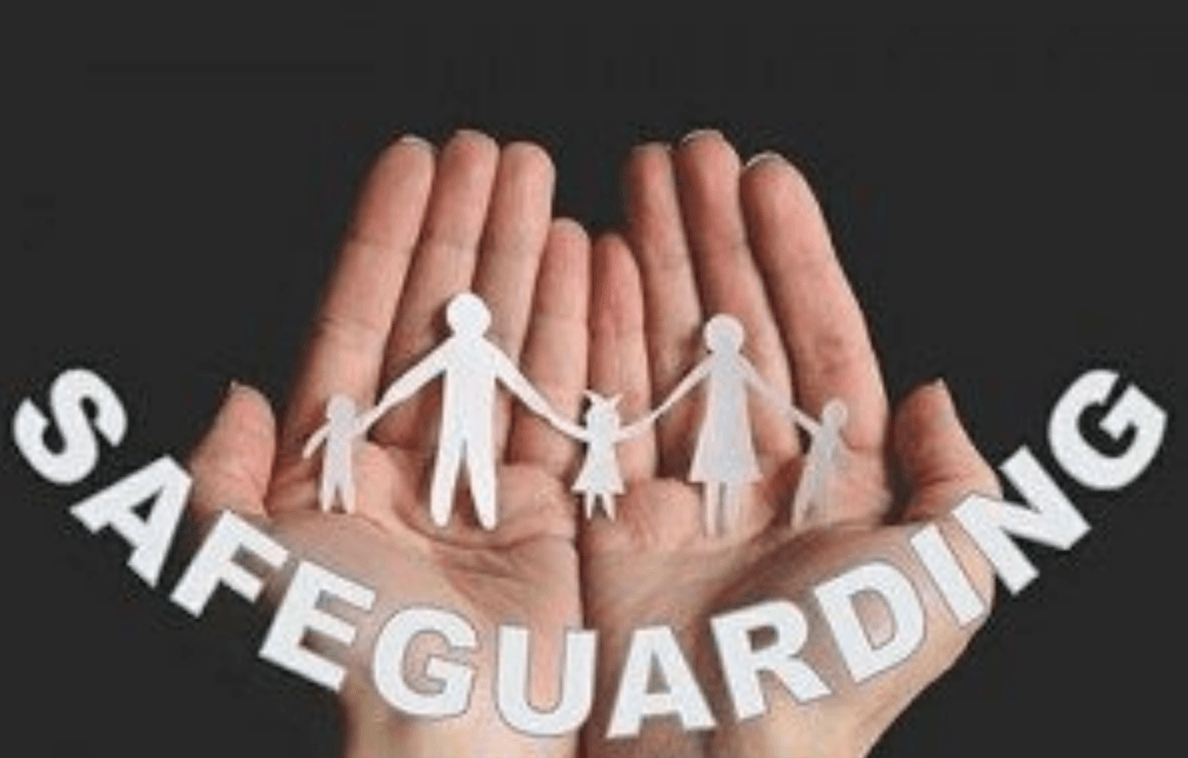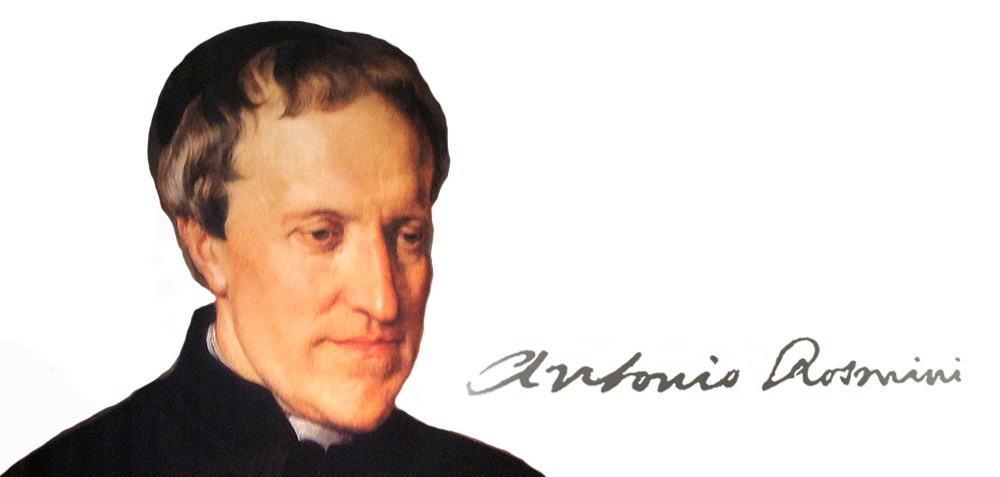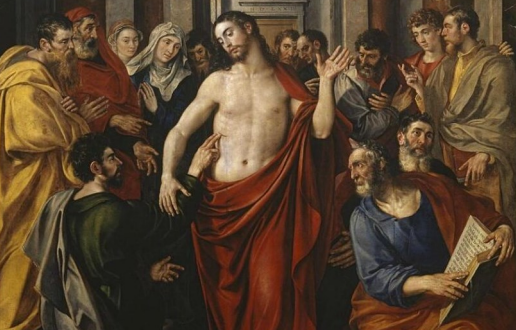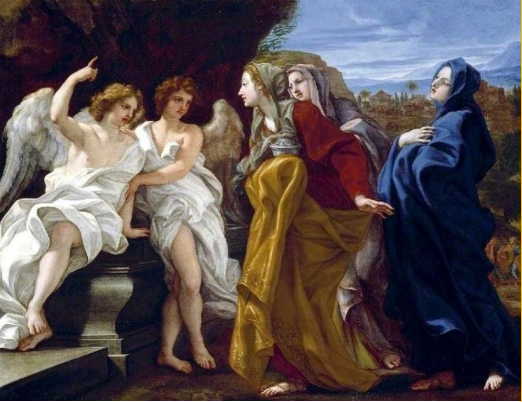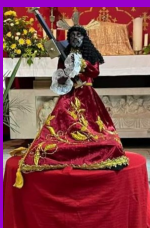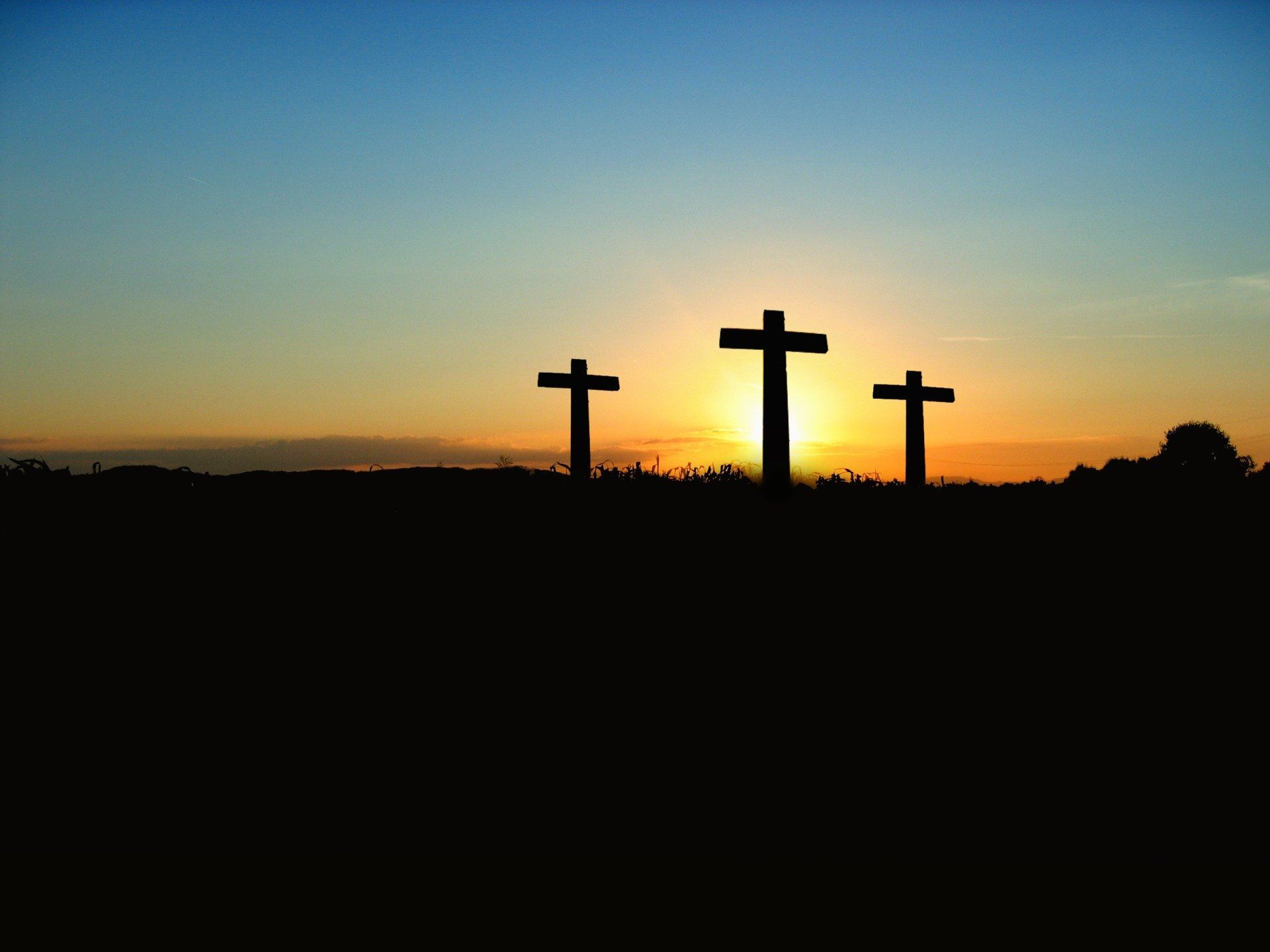The bishops must hear the laity if the synodal process is to succeed
Religious practice evolves. It is not the norm for rapid and dramatic change. These times are far from normal, however. One thousand nine hundred and fifty years after the desecration of the Temple in Jerusalem, the Church faces its own significant moment. The pandemic has closed churches, interrupted the ebb and flow of liturgical services and caused profound anguish to people of faith and people of none.
In a radio broadcast in early 2020, Peter Hennessy, the historian, posited the idea that the early 21st century would be characterised as time preCovid19 and post-C19. As we contemplate the possibility of returning to life pre-Covid we are confronted with a challenge about how much we want to salvage of the past and how much we need to change the things that were never working properly before. The papacy of Pope Francis is the one that spans the preand post-Covid-19 eras. In many ways his sense of mission is perfectly in tune with the spirit of the age. He has been shaped by a global pandemic and seeks to shape a global response. Even before the first cases in Wuhan, his papacy has been characterised by a renewed interest in and commitment to the principles of a synodal Church.
Under Francis, synodality has become the right and duty of all Catholics. It is an essential element of our being in communion. In the Code of Canon Law [ Can 212 §3] the duty of Catholics to contribute to this sense of communion is set out: “According to the knowledge, competence, and prestige which they possess, they have the right and even at times the duty to manifest to the sacred pastors their opinion on matters which pertain to the good of the Church and to make their opinion known to the rest of the Christian faithful, without prejudice to the integrity of faith and morals, with reverence toward their pastors, and attentive to common advantage and the dignity of persons.”
(Tablet) Frank Callus ACTA.
